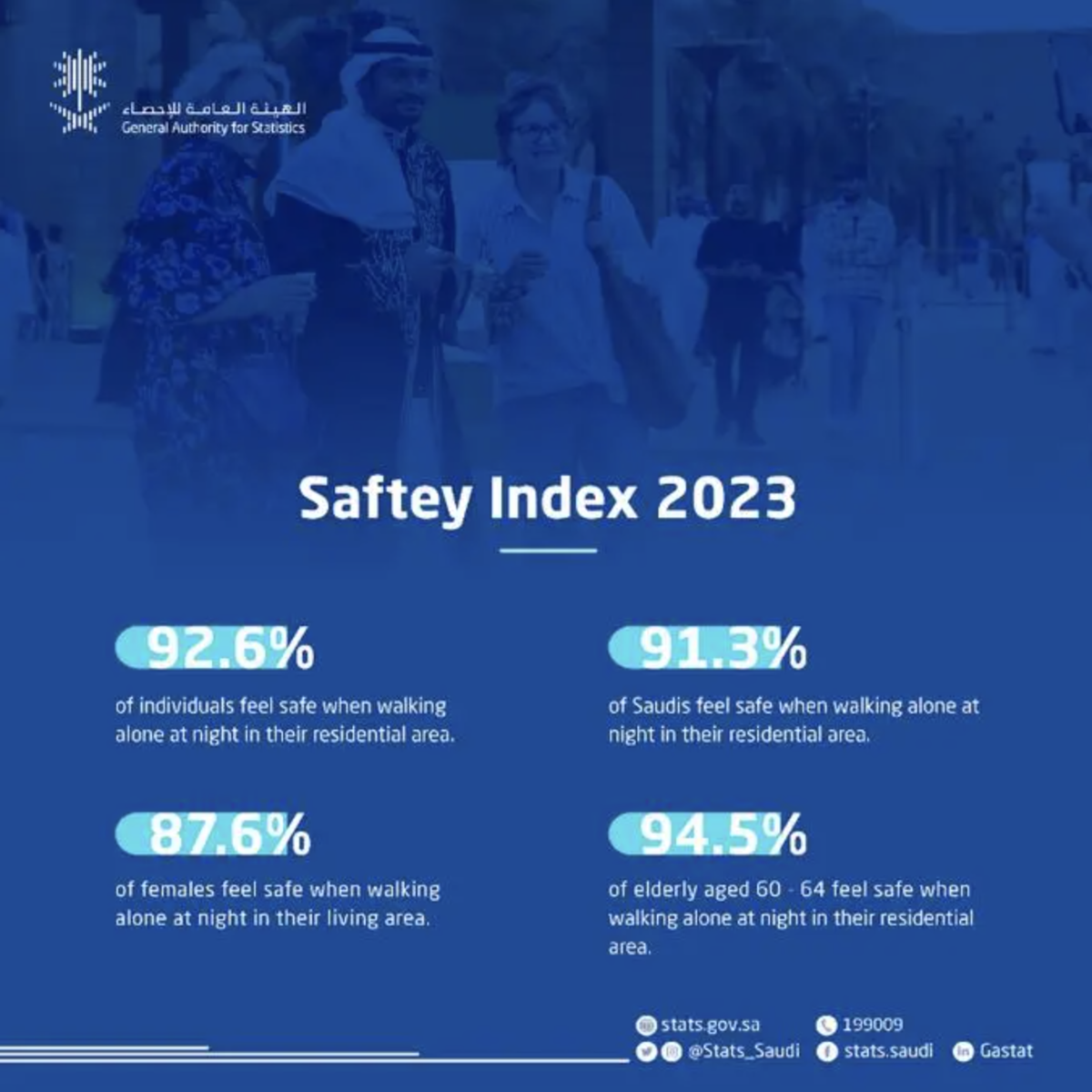RIYADH: Experts at a Riyadh conference have discussed the challenge of improving sustainable practices while remaining profitable.
Javed Akbar, chief governance, risk, insurance and compliance officer at chemical manufacturer Tasnee, spoke to Arab News on the sidelines of the World ESG Summit in Riyadh on Tuesday.
“Balancing itself is a challenge, in terms of achieving economic goals and sustainability development goals,” he said.
“Significant spending” is required to achieve sustainability goals,” Akbar added.
A 2024 UN report found that between $2.5 trillion to $4 trillion needs to be spent annually to meet the organization’s sustainable development goals.
Akbar said businesses that are “primarily for profit” struggle to focus on sustainability.
Another challenge businesses face is the lack of a strong sustainable ecosystem, he said.
For example, some businesses may have positive intentions and want to invest in sustainability goals, but other partners may not share these goals.
Muna Abdulkadir Al-Amer, general manager at Naqaa Solutions for Environmental Services, spoke to Arab News about the financial benefits of sustainability.
When asked about how companies could balance economic growth and environmental protection, she said: “It actually goes hand in hand. We can provide it in a model where it can be profitable as well and has some sort of financial sustainability for the client.”
She highlighted how green practices can be profitable, saying: “When you are recycling, the materials that you are collecting, after they are segregated and cleaned, are worth money.
“When we sell them for the recycling factories, they are worth money and this money goes back to the client.”
However, she added that Naqaa’s primary focus was sustainability and not profitability.
This results in reducing waste and encouraging environmental protection, while “the financial return will go back to you,” Al-Amer said.
Naqaa was founded in 2011 as a university project between Al-Amer and her friends. Soon after the group graduated from Dar Alhekma University in Jeddah, they began receiving clients, including international companies aiming to improve sustainability efforts.
Finally, focusing on economic growth and environmental protection can bring a sense of social responsibility for people toward their societies, as collaborative work can make a difference for the overall ecosystem, Al-Amer said.
“What we are looking for is the social impacts of it there, where they (employees) come to a working environment and they are engaging in a bigger purpose in the organization they work at,” said Al-Amer.





























